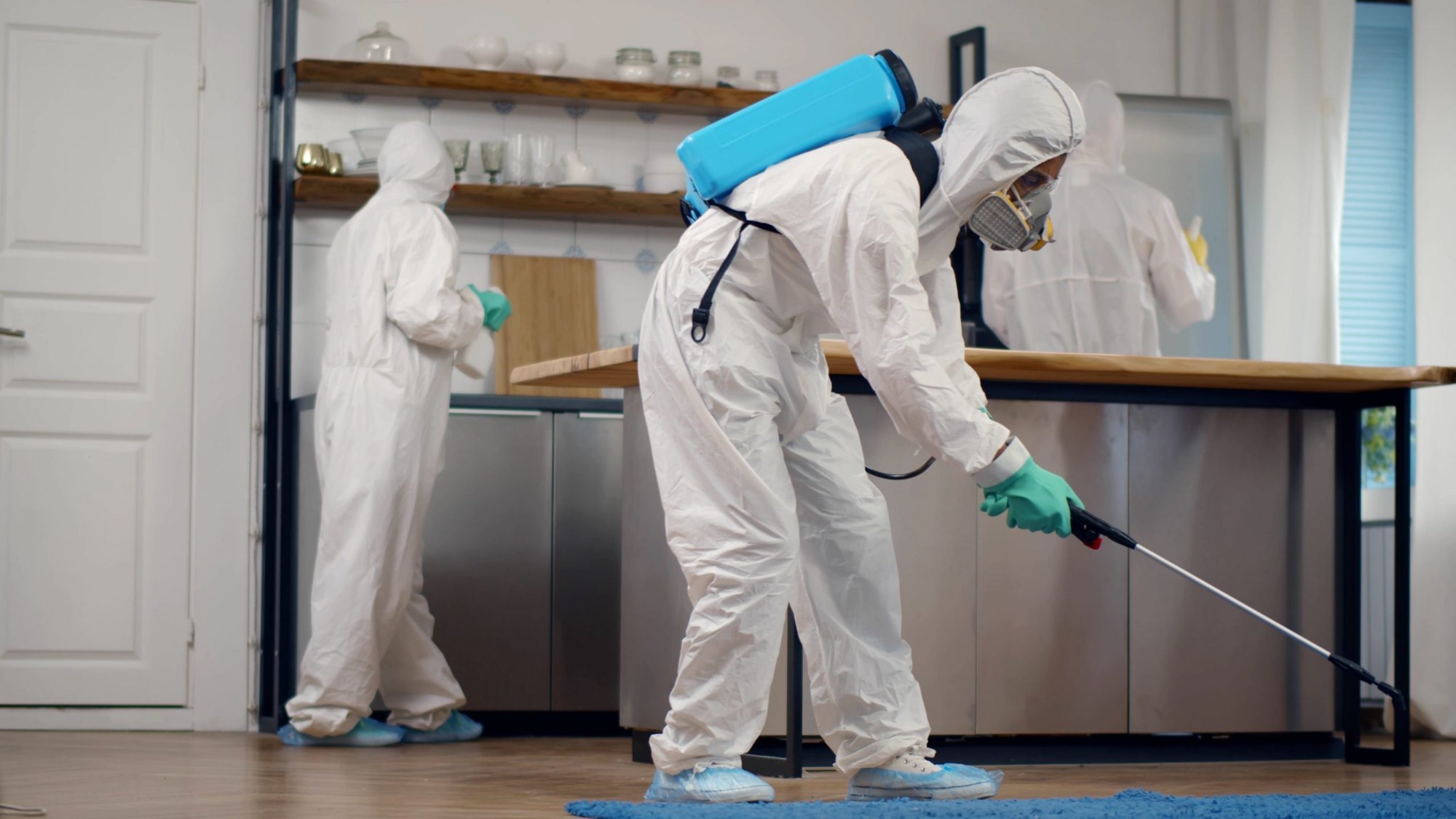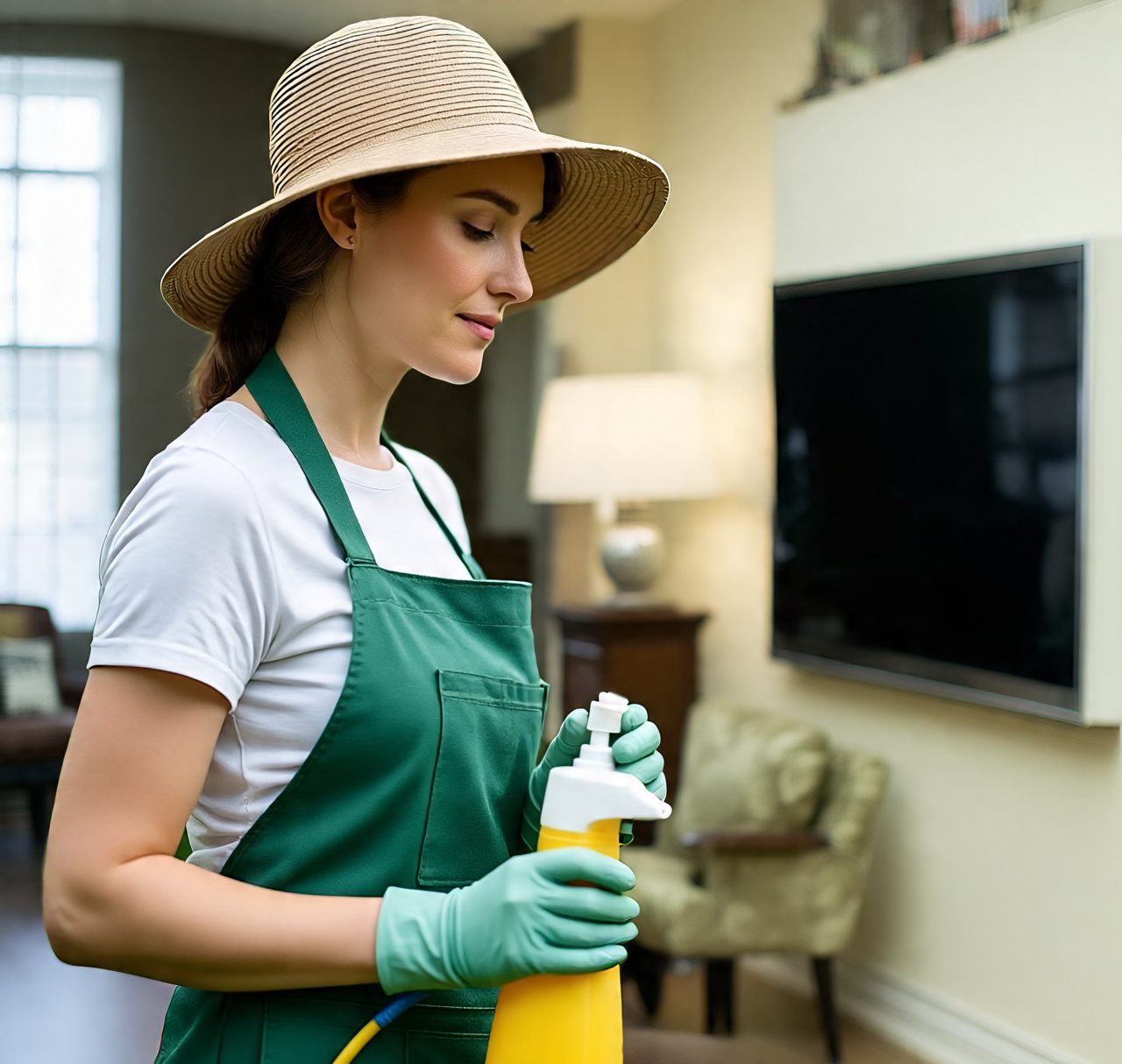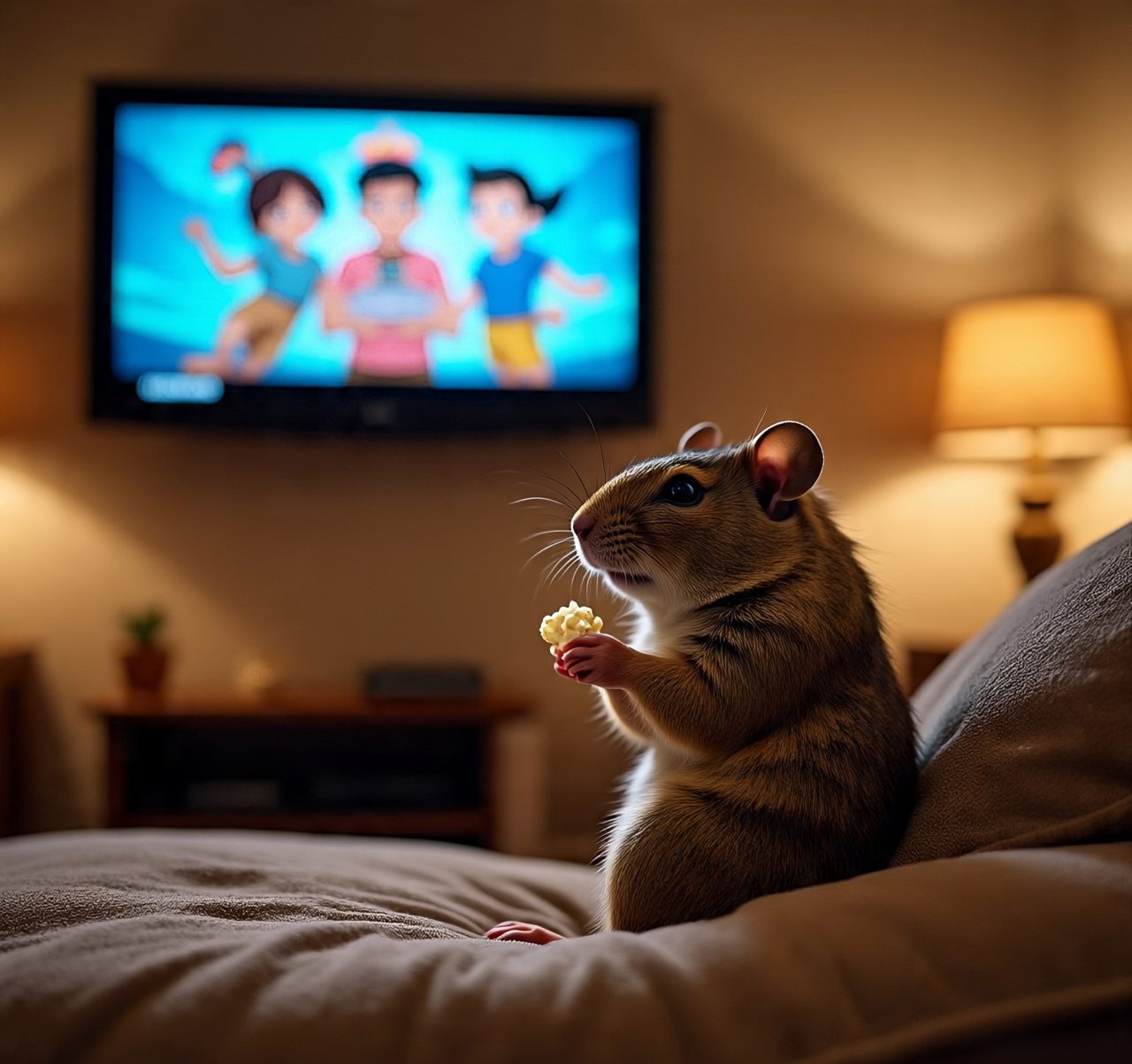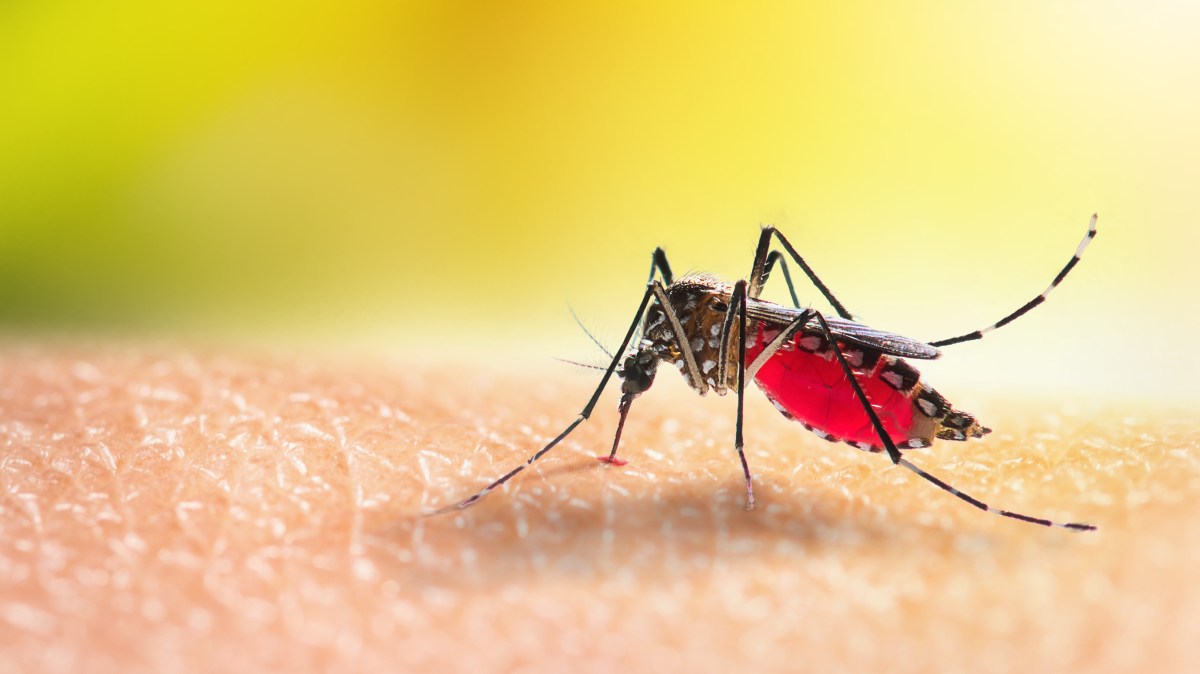Common Pests in Kerala and How to Deal with Them
Kerala’s lush greenery, tropical climate, and high humidity make it a beautiful place to live—but they also attract pests of all sorts. From buzzing mosquitoes that cover sneaky termites, such uninvited guests can provoke one huge headache if allowed to get away with it. So, this blog is for you. You may find it guides in recognizing common pests and gives suggestions on how to deal with them (safely)! What are the most prevalent pests in Kerala homes–and how can you keep them away?
1. Mosquitoes
Why they are a problem: Kerala’s monsoon season provides a fertile breeding ground for mosquitoes. Stagnant water in gutters, pots, or puddles makes the perfect incubator.
Risks: They are not just annoying—things they spread, such as dengue, malaria, and chikungunya, are all harmful diseases that are spread through their bite.
What you can do: Eliminate or shield any standing water, install mosquito nets and/or use bug sprays. Get a professional mosquito fogging service so that their population stays under control at all times.
2. Ants
Why they are a problem: Ants are all about sugar, crumbs, and anything else that is left out in the open in your kitchen.
Risks: Some species bite; others can poison your food. Ant trails are downright tiresome!
What you can do: Keep your counters wiped down and ensure that food is sealed. Throw natural remedies like vinegar or lemon juice at the problem it gets out of hand; then this is the time to call in professionals who specialize in ant control
3. Cockroaches
Why they are a problem: Cockroaches thrive in warm, damp, dark places–which is part of their attraction for Kerala kitchens and bathrooms.
Risks: They spread bacteria, contaminate food, and can even cause asthma and allergies!
What you can do: Fix leaks and keep your home dry. Don’t go away with meals or dirty dishes overnight. Use cockroach baits or hire a dependable cockroach manipulation service.
4.Rats
What is the problem: Especially in rainy seasons, people’s homes become shelters for rodents, which sneak in search of food and warmth.
Risks: They bite through wires, ruin food and propagate diseases like leptospirosis and salmonella
What you can do: Use steel mesh to block access points. Keep all food in sealed packets. Safety is best left to specialist pest control experts. Remove the unclean critters.
5. Bed Bugs
What is the problem: Bed bugs, like stowaways, get into your home in luggage or clothes or even through second-hand furniture.
Risks: They do not spread disease via infection, but their bites cause itching and misery, and sleep is impossible. Once an infestation occurs, it might be said that we are all out of peace for a while.
What you can do: Wash and dry bedding on high heat often. Do not buy second-hand mattresses. At the first sign of a bedbug, get professional treatment for them.
6. Termites in Kerala
What is the problem: Termites make the most of Kerala’s humidity, quietly digging into wood furniture, doors and even houses.
Risks: It is no accident that they are called silent destroyers. You often discover termites after the damage has already turned out to be serious.
What you can do: Always put wood off the floor. Use preventive treatments during construction. Arrange for certified termite inspectors to check your house.
FAQs (Frequently Asked Questions)
Q1: What is the most common Kerala home pest?
A: Mosquitoes are most frequently found in Kerala because of the tropical climate and because of humidity.
Q2: Are pest control services safe for kids and pets?
A: Yes, at Pest control and cleaning service, all of our work is based only on government rule, ecologically friendly chemicals that are safe for children and pets so long as they are used properly
Q3: How often should I get pest control done?
A: It depends on your location and pest risk, but generally, we recommend a full service every 3 to 6 months for best results.
Q4: Can I handle pest problems on my own?
A: DIY methods may work, but in the long run, something more professional is needed to keep your household pest-free—especially with termites and bed bugs.
Q5: What should I do before a pest control service?
A: Cover the food, move pets, and follow the technician’s advice. After treatment, do not mop for 24 hours in treated areas.
Got a Problem? Our experts will Solve it!
At Pest Control and Cleaning Service, we provide competent pest management. No matter what pest is involved or where you are, our Ernakulam team has 100% safe, efficient, and ecologically sound solutions for all spaces.
Call 1800/253648 Ext 371 for a free inspection today
Visit www.pest controlandcleaningservice.com
Kick those pests goodbye! Feel the Cheer of Being Pest-free!”








